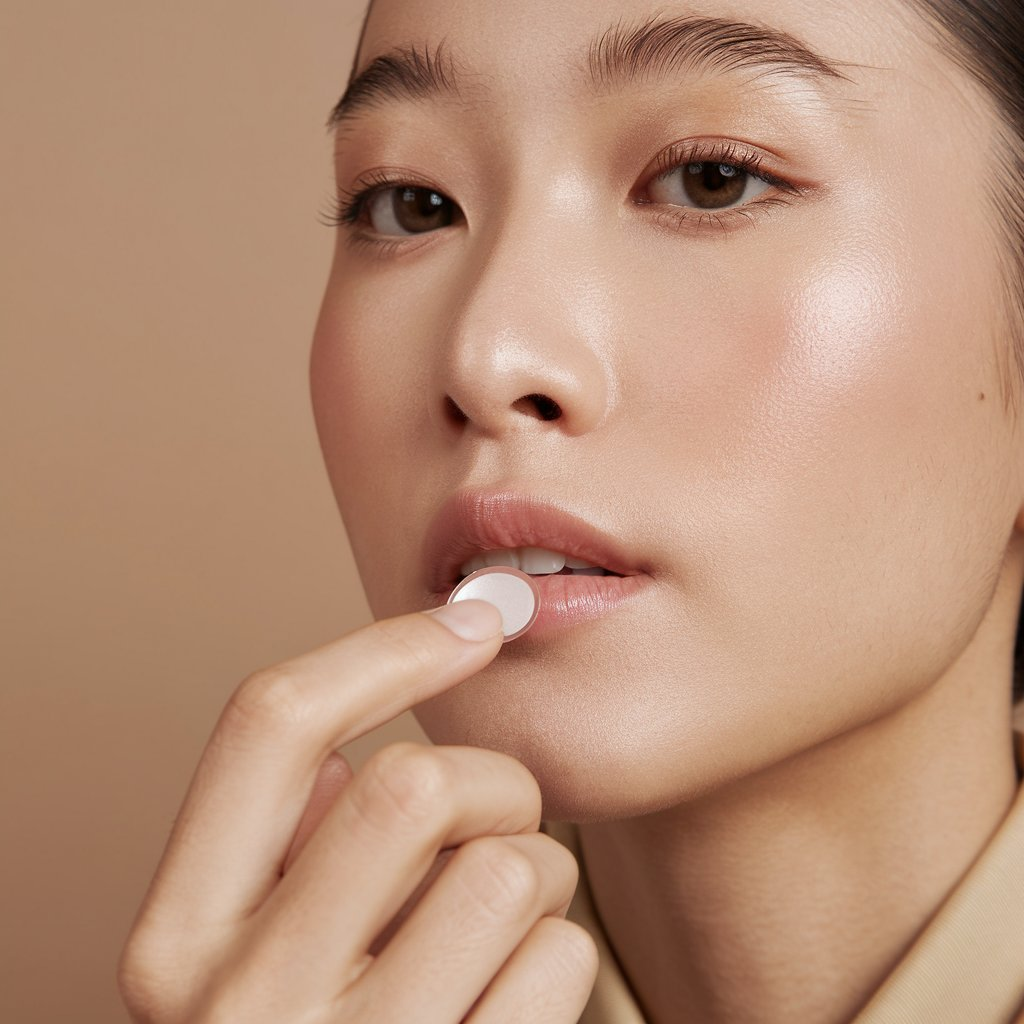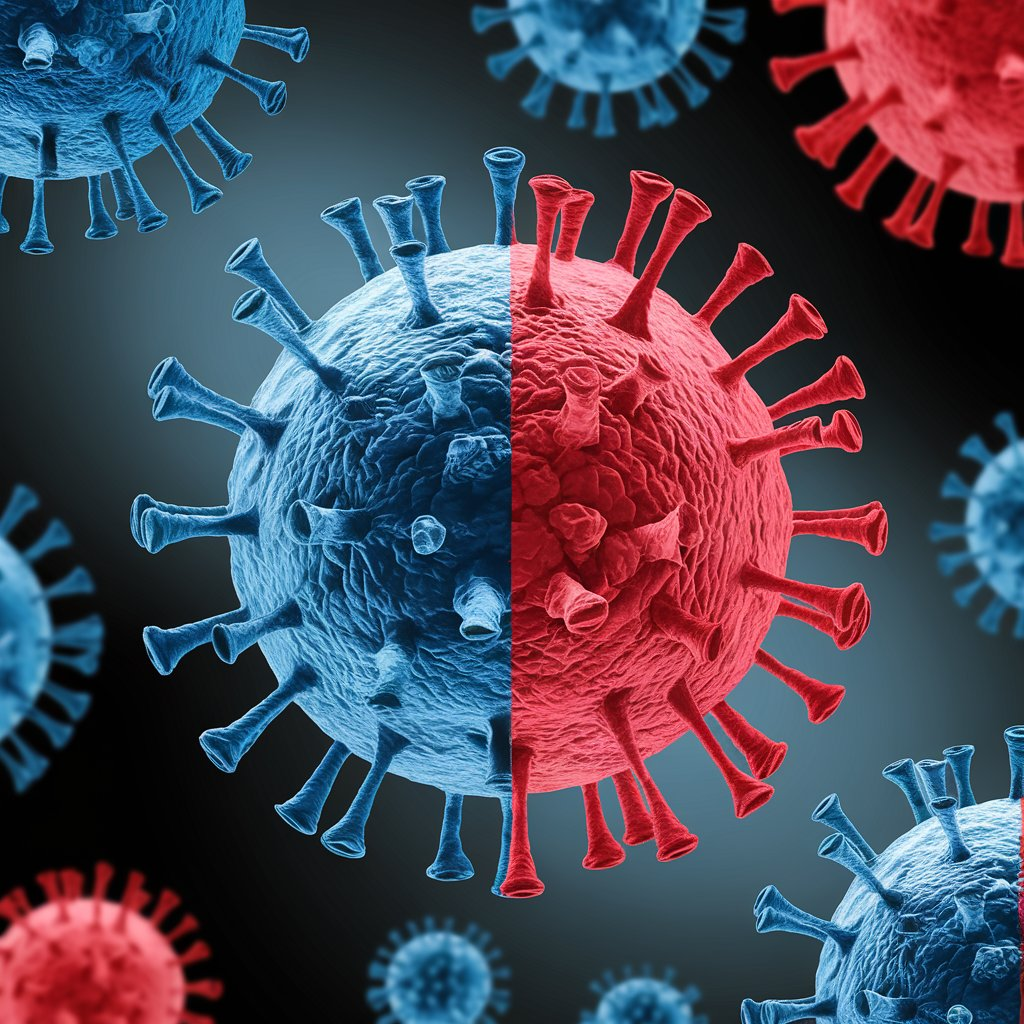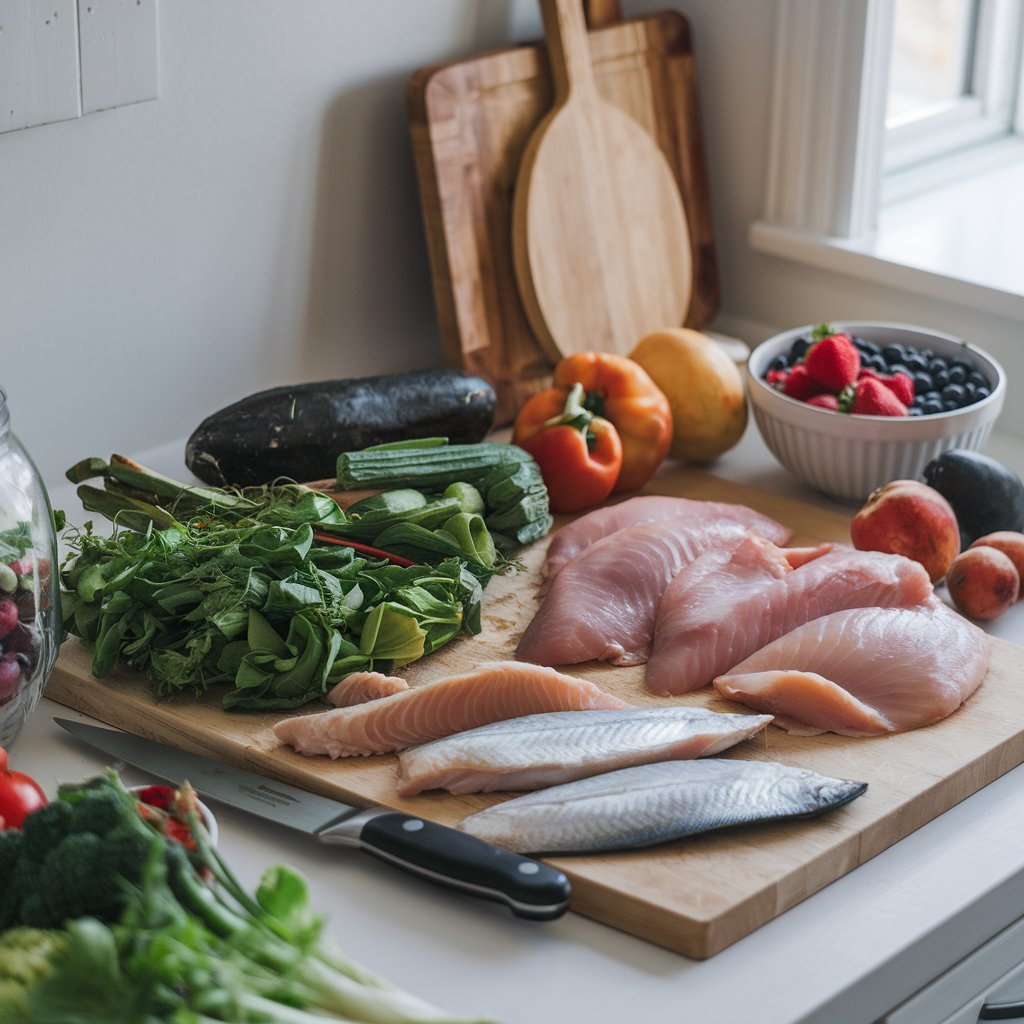How To Reduce HSV Flare-Ups As Much As Possible

Living with Herpes Simplex Virus (HSV) is tough, especially when a flare-up hits.
Trust me, I’ve been there—HSV-1 flare-ups can be stressful, frustrating, and let’s be real, they really mess with your confidence.
It’s not just the physical symptoms that get you down, but the emotional toll too.
People stare at your cold sore, ask what’s going on, and the moment you say it’s a cold sore, they assume the worst. You didn’t get it from anything “bad,” but the stigma sticks.
In this article, I’ll share some tips that have helped me manage both HSV-1 and HSV-2 flare-ups—from dietary adjustments to lifestyle changes—and introduce you to Auranima, a platform that offers natural ways to manage HSV while supporting your emotional well-being.
Understanding HSV and Flare-Ups

Whether it’s HSV-1 (cold sores) or HSV-2, these flare-ups can really make life difficult.
For those of us with HSV-1, flare-ups often come out of nowhere—usually when we’re stressed or exhausted.
What’s frustrating is that the flare-up itself adds more stress! It’s not just about how often you get an outbreak but how it impacts your mood and confidence.
People often ask, “How often does HSV-2 flare up?” That depends on the person.
Some people experience outbreaks several times a year, especially early on. Over time, these flare-ups tend to happen less often, but during that first year, it can feel like they never end .
And for both HSV-1 and HSV-2, dealing with the stigma can feel as tough as dealing with the symptoms .
Dietary Tips for Managing HSV

One of the biggest things I’ve learned is how much diets can affect your HSV flare-ups.
There are certain foods that can make outbreaks worse, and others that help keep them at bay.
HSV Foods to Avoid
Foods high in arginine—like nuts, seeds, and chocolate—can trigger a flare-up. As much as I love chocolate, I’ve had to learn to avoid it when I feel a cold sore coming on .
Other things like processed foods, alcohol, and sugary snacks weaken your immune system, making flare-ups more frequent.
I get it—it’s tough to say no to that second cup of coffee or a glass of wine, but cutting back really makes a difference .
The Right Foods for an HSV Diet
On the flip side, focusing on lysine-rich foods can help keep flare-ups under control. Foods like chicken, fish, and dairy are great sources of lysine.
Also, adding immune-boosting foods like leafy greens, berries, and garlic can really help.
Finding that lysine-arginine balance in your diet isn’t always easy, but once you get the hang of it, it can really make a difference.
And remember, if you slip up and indulge, you’re only human! The key is to keep trying.
Lifestyle Changes to Prevent Flare-Ups

Managing HSV isn’t just about what you eat—it’s about how you live, too. For me, the biggest trigger has always been stress.
And let’s be honest, once you get a flare-up, it stresses you out even more.
Managing Stress:
Stress and HSV flare-ups go hand in hand. I’ve noticed that when I’m stressed, a flare-up is never far behind.
Practicing mindfulness, doing yoga, or even taking a few minutes a day to meditate has really helped reduce my flare-ups.
Sometimes, just stepping away from work for a quick walk can help me reset and calm my mind.
Getting Better Sleep
Sleep is another big factor. If you’re like me and tend to run on little sleep, it can take a toll.
When I finally started getting 7-8 hours of sleep a night, I noticed fewer HSV flare-ups .
It’s hard to manage everything when you’re exhausted, so make sleep a priority.
Staying Hydrated
It’s easy to overlook, but drinking enough water can make a huge difference in how you feel.
When I’m hydrated, I feel more energized, and my body is better equipped to handle stress, which in turn helps prevent outbreaks .
Managing an Active HSV Flare-Up

Flare-ups happen. Even when you’re doing everything right, you might still wake up one morning with that familiar tingle on your lip or feel the symptoms of HSV-2 flare-ups coming on.
When this happens, it’s easy to feel embarrassed or anxious, especially if you’re dealing with a cold sore that’s hard to hide.
Antiviral Medications
Medications like Acyclovir or Valacyclovir can help shorten the outbreak if you catch it early.
I always make sure to have some on hand so I can take it as soon as I notice symptoms.
Knowing that I’m doing something to treat it helps ease the stress of an outbreak.
Home Remedies for Symptom Relief
I’ve found that hydrocolloid patches are a lifesaver for HSV-1 flare-ups.
Normally used for pimples, these patches work wonders for cold sores. They protect the sore and keep it moist, speeding up the healing process.
Usually, my cold sores last 3-4 weeks, but with these patches, I can get rid of them in just 2 weeks .
Just make sure to avoid patches with salicylic acid—it can actually make things worse.
Using remedies like warm compresses, aloe vera, or even wearing loose clothing can help reduce discomfort during a flare-up . It’s important to take care of yourself during these times—emotionally and physically.
Long-Term Management and Preventive Strategies

Managing HSV long-term is all about understanding your body and making lifestyle changes that prevent frequent flare-ups.
Tracking your triggers, sticking to a balanced diet, and incorporating daily habits like reducing stress are all key steps in this process.
But let’s be real—trying to figure out the right balance of diet, stress management, and healing on your own can feel like a lot to handle.
You need a holistic approach that addresses all the different aspects of your health, both physical and emotional.
This means creating a personalized plan that helps with everything from nutrition to reducing flare-ups and managing the emotional weight that often comes with HSV.
That’s where Auranima come in. They take care of all of this for you—working with you to craft a customized plan that includes nutrition guidance, stress management techniques, and ongoing support.
Auranima helps make sure you’re not navigating this journey alone, so you can focus on healing and living a healthier, more balanced life.
Conclusion

Dealing with HSV, especially during flare-ups, can be emotionally and physically draining.
It’s normal to feel self-conscious or frustrated when you experience an outbreak, but you’re not alone in this.
Whether it’s through managing your diet, reducing stress, or seeking support from Auranima, there are many ways to take control of your health and feel empowered.
If you’re ready to manage HSV in a holistic, stigma-free way, visit Auranima to schedule a free consultation and explore personalized healing plans.